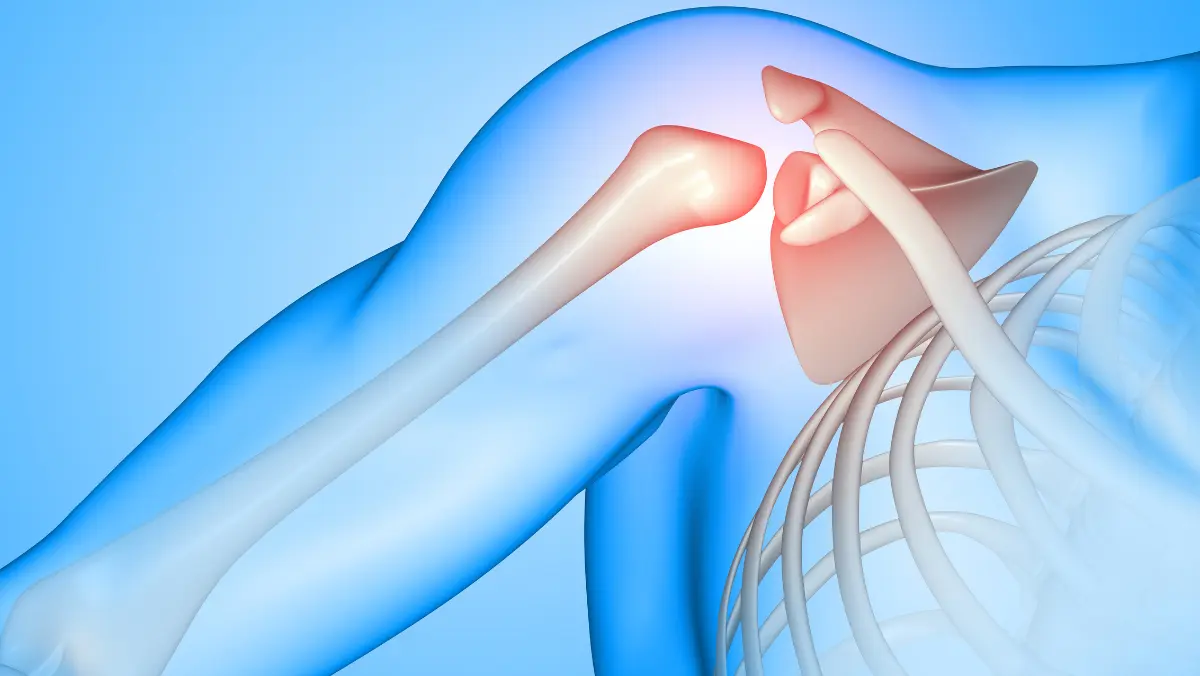
- Home
- About
- Services
- Specialists
- Research
- Achivements
- gallery
- contact








- Home
- About Us
- Orthopedics
- Know Your Alignment
- Sports Medicine
- Knee
- Arthroscopic ACI Cartilage Transplant
- Arthroscopic ACL Avulsion Fixation
- Arthroscopic ACL Primary Repair
- Arthroscopic ACL Reconstruction – All Inside Technique
- Arthroscopic ACL Rehab
- Arthroscopic ACL Revision Surgery
- Arthroscopic ACL Single Bundle Reconstruction
- Arthroscopic assisted MPFL Reconstruction
- Arthroscopic assisted Multiple Ligament Tear – SURGERY
- Arthroscopic Medial Meniscal Repair
- Arthroscopic OATS Chondroplasty
- Arthroscopic OCD Fixation
- Arthroscopic Paediatric ACL Reconstruction
- Arthroscopic PCL Avulsion Fixation
- Arthroscopic PCL Reconstruction
- Arthroscopy Assisted STEM Cell Cartilage Transplant
- PCL Rehabilitation
- Total Knee Replacement
- Shoulder
- Arthroscopic Rotator Cuff Repair
- Arthroscopic Bankart Repair
- Arthroscopy Assisted Latarjet Surgery
- AC Joint Fixation
- Arthroscopic Capsular Release
- Arthroscopic Sub – Acromial Decompression (SAD)
- Arthroscopic Calcific Tendinitis Excision
- Arthroscopic Biceps Tenodesis
- Arthroscopic SLAP Repair
- Arthroscopic Revision Cuff Repair
- Arthroscopic Revision Bankart Repair
- Shoulder Rehab
- Elbow
- Wrist
- Hip
- Ankle
- Our Specialities
- Podiatric / Diabetic Foot Clinic
- General Surgery & Gastroenterology
- Obstetrics & Gynaecology
- Internal Medicine & Diabetology
- ENT
- Plastic & Cosmetic Surgery
- Paediatrics
- Pulmonology
- Nephrology & Urology
- Psychiatry
- Rheumatology
- Vascular Surgery
- Anaesthesiology & Intensive Care Unit
- Dermatology
- Oncology
- Radiology
- Sonology
- Endocrinology
- Cardiology
- Neurology
- Oral and Maxillofacial Surgery
- Our Services
- Resource
- Enquiry


- Home
- About Us
- Orthopedics
- Know Your Alignment
- Sports Medicine
- Knee
- Arthroscopic ACI Cartilage Transplant
- Arthroscopic ACL Avulsion Fixation
- Arthroscopic ACL Primary Repair
- Arthroscopic ACL Reconstruction – All Inside Technique
- Arthroscopic ACL Rehab
- Arthroscopic ACL Revision Surgery
- Arthroscopic ACL Single Bundle Reconstruction
- Arthroscopic assisted MPFL Reconstruction
- Arthroscopic assisted Multiple Ligament Tear – SURGERY
- Arthroscopic Medial Meniscal Repair
- Arthroscopic OATS Chondroplasty
- Arthroscopic OCD Fixation
- Arthroscopic Paediatric ACL Reconstruction
- Arthroscopic PCL Avulsion Fixation
- Arthroscopic PCL Reconstruction
- Arthroscopy Assisted STEM Cell Cartilage Transplant
- PCL Rehabilitation
- Total Knee Replacement
- Shoulder
- Arthroscopic Rotator Cuff Repair
- Arthroscopic Bankart Repair
- Arthroscopy Assisted Latarjet Surgery
- AC Joint Fixation
- Arthroscopic Capsular Release
- Arthroscopic Sub – Acromial Decompression (SAD)
- Arthroscopic Calcific Tendinitis Excision
- Arthroscopic Biceps Tenodesis
- Arthroscopic SLAP Repair
- Arthroscopic Revision Cuff Repair
- Arthroscopic Revision Bankart Repair
- Shoulder Rehab
- Elbow
- Wrist
- Hip
- Ankle
- Our Specialities
- Podiatric / Diabetic Foot Clinic
- General Surgery & Gastroenterology
- Obstetrics & Gynaecology
- Internal Medicine & Diabetology
- ENT
- Plastic & Cosmetic Surgery
- Paediatrics
- Pulmonology
- Nephrology & Urology
- Psychiatry
- Rheumatology
- Vascular Surgery
- Anaesthesiology & Intensive Care Unit
- Dermatology
- Oncology
- Radiology
- Sonology
- Endocrinology
- Cardiology
- Neurology
- Oral and Maxillofacial Surgery
- Our Services
- Resource
- Enquiry



- Home
- About Us
- Orthopedics
- Know Your Alignment
- Sports Medicine
- Knee
- Arthroscopic ACI Cartilage Transplant
- Arthroscopic ACL Avulsion Fixation
- Arthroscopic ACL Primary Repair
- Arthroscopic ACL Reconstruction – All Inside Technique
- Arthroscopic ACL Rehab
- Arthroscopic ACL Revision Surgery
- Arthroscopic ACL Single Bundle Reconstruction
- Arthroscopic assisted MPFL Reconstruction
- Arthroscopic assisted Multiple Ligament Tear – SURGERY
- Arthroscopic Medial Meniscal Repair
- Arthroscopic OATS Chondroplasty
- Arthroscopic OCD Fixation
- Arthroscopic Paediatric ACL Reconstruction
- Arthroscopic PCL Avulsion Fixation
- Arthroscopic PCL Reconstruction
- Arthroscopy Assisted STEM Cell Cartilage Transplant
- PCL Rehabilitation
- Total Knee Replacement
- Shoulder
- Arthroscopic Rotator Cuff Repair
- Arthroscopic Bankart Repair
- Arthroscopy Assisted Latarjet Surgery
- AC Joint Fixation
- Arthroscopic Capsular Release
- Arthroscopic Sub – Acromial Decompression (SAD)
- Arthroscopic Calcific Tendinitis Excision
- Arthroscopic Biceps Tenodesis
- Arthroscopic SLAP Repair
- Arthroscopic Revision Cuff Repair
- Arthroscopic Revision Bankart Repair
- Shoulder Rehab
- Elbow
- Wrist
- Hip
- Ankle
- Our Specialities
- Podiatric / Diabetic Foot Clinic
- General Surgery & Gastroenterology
- Obstetrics & Gynaecology
- Internal Medicine & Diabetology
- ENT
- Plastic & Cosmetic Surgery
- Paediatrics
- Pulmonology
- Nephrology & Urology
- Psychiatry
- Rheumatology
- Vascular Surgery
- Anaesthesiology & Intensive Care Unit
- Dermatology
- Oncology
- Radiology
- Sonology
- Endocrinology
- Cardiology
- Neurology
- Oral and Maxillofacial Surgery
- Our Services
- Resource
- Enquiry
Arthroscopic Capsular Release
Arthroscopic Capsular Release
- Shoulder rehabilitation is a pivotal process for individuals recovering from shoulder injuries or surgeries, aiming to regain optimal shoulder strength, mobility, and function. This personalized approach plays a crucial role in restoring the shoulder’s health, often guided by skilled physical therapists. These tailored plans of shoulder rehab in Chennai consist of a series of progressive exercises and stretches that specifically target the shoulders supporting muscles and structures.
- Arthroscopic capsular release in Chennai involves using a small camera called an arthroscope, along with other surgical instruments, to make small incisions and access the shoulder joint. The surgeon will then use a scalpel or electrocautery device to make small cuts in the capsule, allowing it to expand and stretch more easily. In some cases, the surgeon may also remove small portions of the capsule to further increase mobility and decrease pain.
- Arthroscopic capsular release in Chennai is often used to treat conditions such as frozen shoulder (adhesive capsulitis), recurrent shoulder dislocation, and shoulder impingement syndrome. The procedure is generally considered safe and effective, with a relatively quick recovery time and minimal scarring compared to traditional open surgery.

Make an appointment
- Arthroscopic capsular release is a minimally invasive surgical procedure used to treat frozen shoulder or adhesive capsulitis. The shoulder joint has a capsule that encloses it, which can become thick and tight due to injury, surgery, or inflammation, leading to reduced mobility and pain. Arthroscopic capsular release in Chennai involves the use of an arthroscope, a tiny camera, and surgical instruments to cut and release the capsule, allowing the shoulder to move more freely.
- The procedure is usually performed on an outpatient basis and can take 30 minutes to 2 hours, depending on the severity of the condition. It is less invasive than traditional open surgery, which requires larger incisions and longer recovery times. The arthroscopic capsular release in Chennai has a high success rate and can significantly improve shoulder mobility and reduce pain.
- Recovery from arthroscopic capsular release in Chennai may involve a period of immobilization followed by physical therapy to restore the range of motion and strength to the shoulder joint. The length and intensity of rehabilitation depend on the patient’s individual needs and the extent of the procedure. In general, most patients can return to their normal activities within a few months of the surgery.
Frequently Asked Have Any Question
Arthroscopic capsular release is a minimally invasive surgical procedure that addresses restricted shoulder movement due to a tight joint capsule. Using a tiny camera and specialized instruments inserted through small incisions, surgeons release tension in the joint capsule to enhance the range of motion. This technique reduces recovery time and discomfort compared to traditional open surgery, making it a preferred option for certain shoulder conditions.
The success rate of arthroscopic capsular release varies depending on the underlying condition and patient factors. Generally, it is considered an effective procedure for improving shoulder mobility and reducing pain caused by a tight joint capsule. Success rates range from 70% to 90%, with many patients experiencing significant improvement in range of motion and function. However, individual outcomes can differ, and consultation with a healthcare professional is recommended for personalized information.
Arthroscopic capsular release in Chennai, while generally safe, carries potential risks. These may include infection, bleeding, nerve or blood vessel damage, and adverse reactions to anesthesia. Additionally, there’s a small risk of ongoing stiffness, and in rare cases, instability or recurrent shoulder issues. Patients should discuss potential complications with their surgeon and carefully follow post-operative instructions to minimize risks and enhance recovery.
